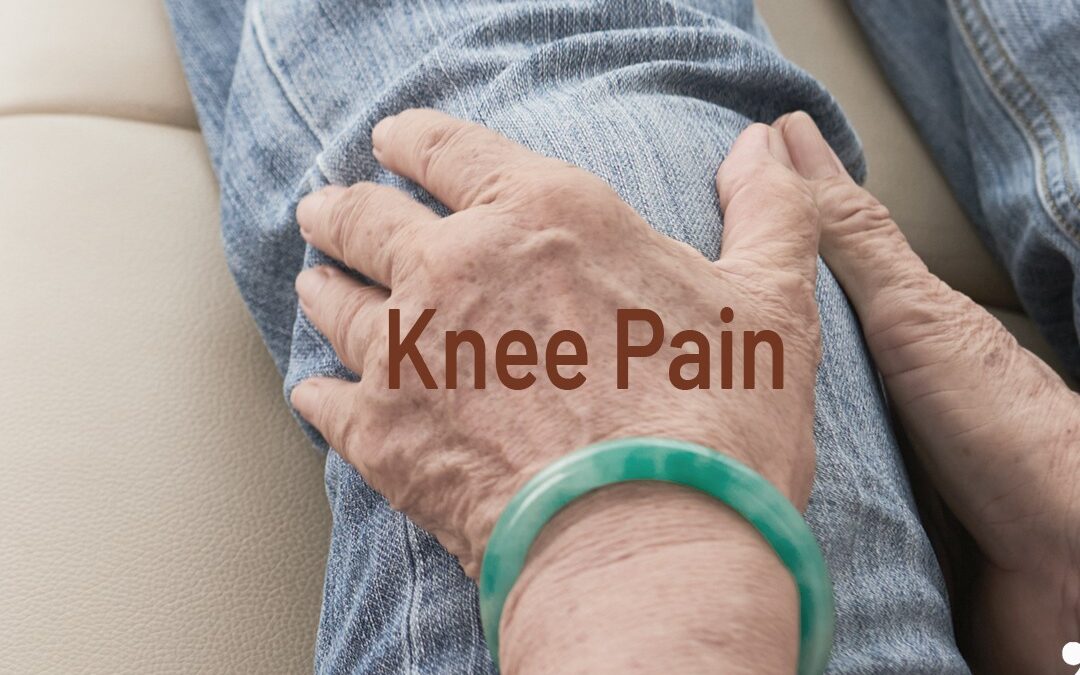In Ayurveda, the knee is cited as ‘Janu sandhi. The knee is a complex joint, forms through the junction of the thighbone (Uru or Uruvasthi) and leg bone (jangha or janghasthi). Its nature is movable (Chala sandhi) and falls in hinge joint type (kora sandhi) lined with synovium (Sleshma Dhara Kala) that facilitate in flexion and extension. Kapha is keeping the joints firmly united and allows smooth flexion and extension. Sleshmaka Kapha resides within the knee. Due to its sophisticated structure, the knee is particularly liable to injury which may result in arthritis.
Here are some Ayurvedic methods suggested by physicians that can facilitate in endeavor knee pain together with some necessary measures for keeping the knee, bones and muscles healthy.
1. Heat Therapy (Swedhanam)
Heat Therapy (Swedhanam) causes vasodilatation and penetrates deep into the muscle, reducing cramp and pain. This therapy can be helpful for the patient suffering from knee pain. Only 20-30 minutes treatment with hot water, steam towels, or damp heating packs. Hot baths will be particularly useful as a result of it targets the affected part of the knees. This therapy also relaxes surrounding muscles which might be tensed due to injured muscle.
One more manner found to be effective in relieving knee pain is a luke heat oil massage for ten minutes followed by a steam bath for the affected knee. Massage from Ayurveda Therapist can be effective for reducing knee pain.
2. Apply herbal Ointment
Analgesic effects of a herbal ointment containing cinnamon, ginger, mastic (saghez) and vegetable oil were found to be as effective as NSAID ointment, a topical pain reliever.
3. Oil Massage (Abhyangam) Of The knee
Chaste tree (Nirgundi) oil massage has been reviewed wonderful by patients as it has facilitated in relieving pain and inability to perform knee movements. Massage with orange oil, ginger oil,
and oil has shown a major reduction in knee pain, stiffness, and improvement within the physical operation of the joint.
4. Practice Yoga Asanas
Yoga involves asana and meditation practices. Yoga asanas help to soothe strain and tension from muscles, morning stiffness, anxiety, vital sign and heart rate. Regular Yoga practice for sixty-minute 3 times every week will give positive outputs. This habit can considerably shrunken pain and alternative symptoms in patients with knee arthritis.
In addition to the above-mentioned solutions, Ayurveda emphasizes adopting a natural and wholesome diet specifically for keeping the joints and bones healthy and powerful.

